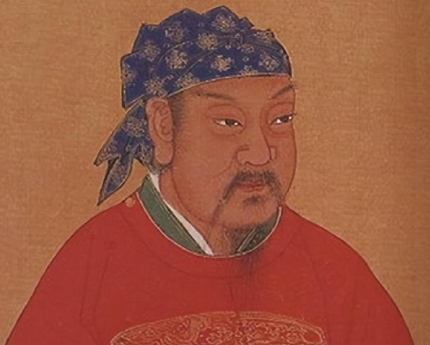Friedrich Nietzsche, a renowned German philosopher in the late 19th century, profoundly influenced later generations with his thoughts. However, many people still have misconceptions about Nietzsche's philosophical school, often categorizing him as existentialism, postmodernism, or other philosophical schools. This article aims to reveal Nietzsche's unique philosophical school through exploring his philosophical views and influences.

Firstly, it is crucial to understand Nietzsche's philosophical views. Nietzsche's philosophy is highly original, thoroughly critiquing and reflecting on traditional philosophy. He introduced the concept of "the Übermensch," emphasizing that humans should pursue self-transcendence and achieve individual freedom and strength. Furthermore, he advocated moral relativism, arguing that moral concepts are not fixed but evolve with changing times. These ideas had a significant impact on German society at that time, laying the foundation for the development of later philosophical schools such as existentialism and postmodernism.
Based on these views, Nietzsche's philosophical school can be categorized as "postmodernism." Postmodernism is a philosophical trend that opposes the supremacy of modernist rationality, emphasizing diversity, relativity, and anti-traditional values. Nietzsche's philosophy is a representative of this trend, as he thoroughly overturned and reconstructed traditional philosophy, providing us with a new way of thinking.
Nietzsche's philosophical thoughts have had profound impacts on later generations. Many renowned philosophers and writers have been inspired by Nietzsche, such as French philosopher Jean-Paul Sartre and British writer Aldous Huxley. They drew inspiration from Nietzsche's philosophy and developed their unique philosophical schools and works. Nietzsche is considered a pivotal figure in the history of Western philosophy in the 20th century.
In conclusion, Nietzsche's philosophical school can be categorized as "postmodernism," and his philosophical thoughts have had profound impacts on later generations. We should discard stereotyped impressions of Nietzsche and delve deeper into his philosophical thoughts, aiming to find our own position and value in today's diverse and changing era.
Disclaimer: The above content is sourced from the internet and the copyright belongs to the original author. If there is any infringement of your original copyright, please inform us and we will delete the relevant content as soon as possible.































